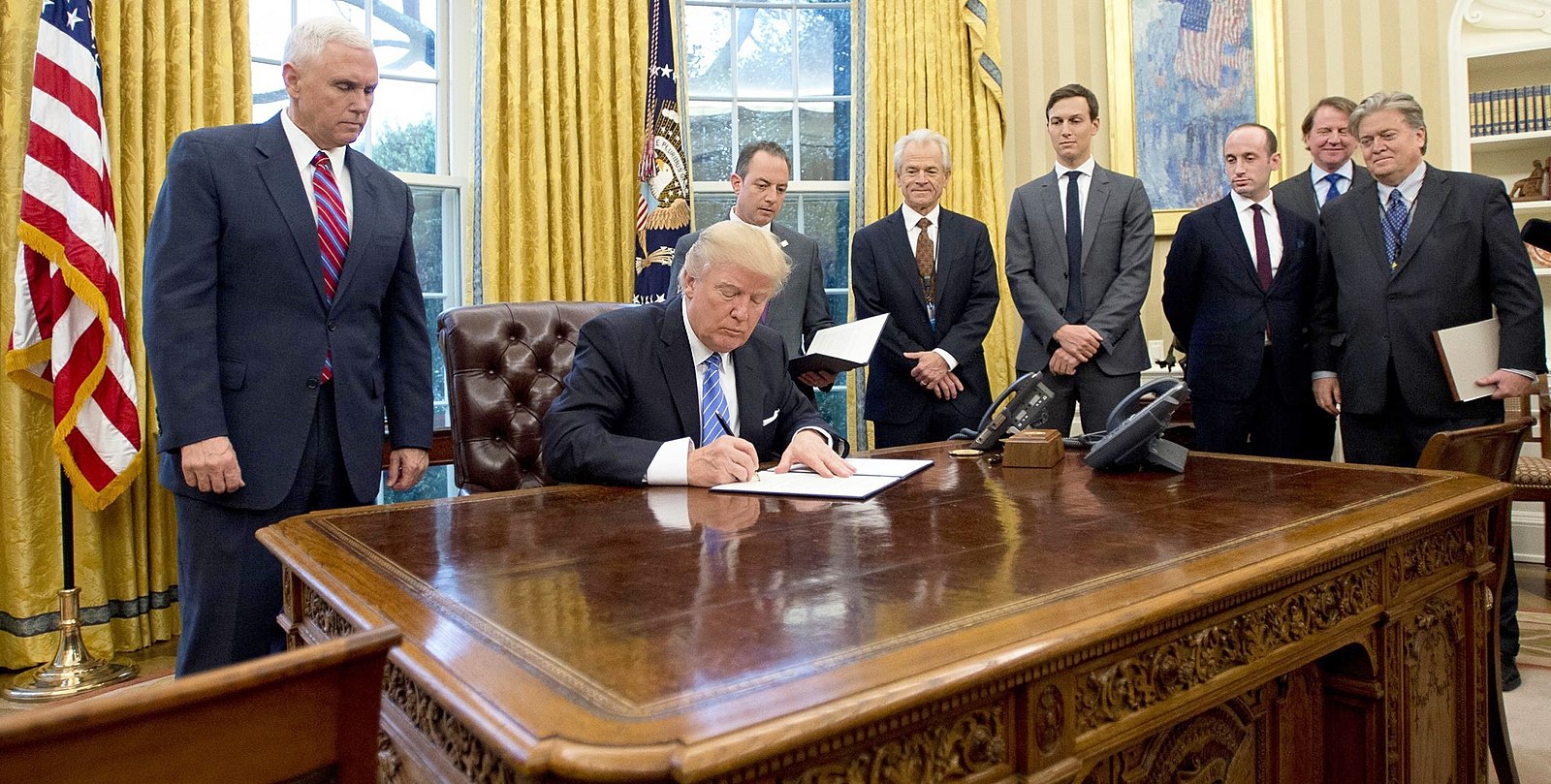A U.S. foreign policy designed to discourage abortions has actually led to more abortions, a Stanford study has found.
The policy in question, known as the Mexico City Policy, prohibits U.S. foreign aid from flowing to any non-government organization (NGO) that dicusses or performs abortions as a method of family planning. However, cutting funding to these NGOs cuts funding for all contraceptives, according to the report — leading to more unwanted pregnancies and, in turn, more abortions.
Since former U.S. president Ronald Reagan, every Republican administration has implemented the policy, while every subsequent Democratic administration has lifted it after taking office. With a Republican back in the White House, Stanford School of Medicine professors Eran Bendavid and Grant Miller restarted work on the study they had begun in 2009, this time working with doctoral student Nina Brooks.
“Throughout the entire process I felt a sense of urgency — because the policy impacts real people’s lives, it was imperative to get the findings of our study out there quickly since it had just been reinstated, while also doing the most rigorous analysis we could,” Brooks said.
Bendavid and Miller put their project on hold in 2009 due to a lack of data. This time they studied large population surveys and datasets, but they also spent time looking at individual experiences. They examined the stories of various women over a five to six year period that were affected by the policy, resulting in the research evolving into something that truly connected and resonated with them.
“While I will likely never meet this woman, looking at these individual experiences makes the stuff I research come alive,” Bendavid said. “I get angry that this woman – and if not this specific woman, that many other women – had little access to contraception that likely would have prevented her from getting pregnant in the first place.”
Although their discovery that a policy designed to discourage abortion is actually increasing them may seem surprising, the researchers believe that the findings were “fairly intuitive,” as Miller put it. They saw that the policy indirectly results in a lack of contraceptives, and therefore, more unintended pregnancies.
Though not surprising, their findings were concerning, the researchers said. The policy is harming women, they believe, but there is no way to find out exactly to what extent.
“Our results suggest that one shouldn’t like this policy no matter what one’s view on abortion is,” Miller said. “But I feel sad and frustrated knowing that’s not likely to be the way that the findings are received. I suspect the left will like the results and the right won’t — but I think both should be equally interested and equally concerned.”
They all hope that their research will be used as evidence in future U.S. policy discussions regarding foreign aid — but, despite the significant implications of their work, they don’t have high hopes that it will make a difference.
“I would hope that elected leaders make policy based on evidence, especially when that evidence is actually available, which is so often not the case,” Brooks said. “Yet I am not very optimistic that much will change currently despite having greater evidence on the effects of this policy.”
Contact Kavya Iyer at kavyakiyer ‘at’ gmail.com.
